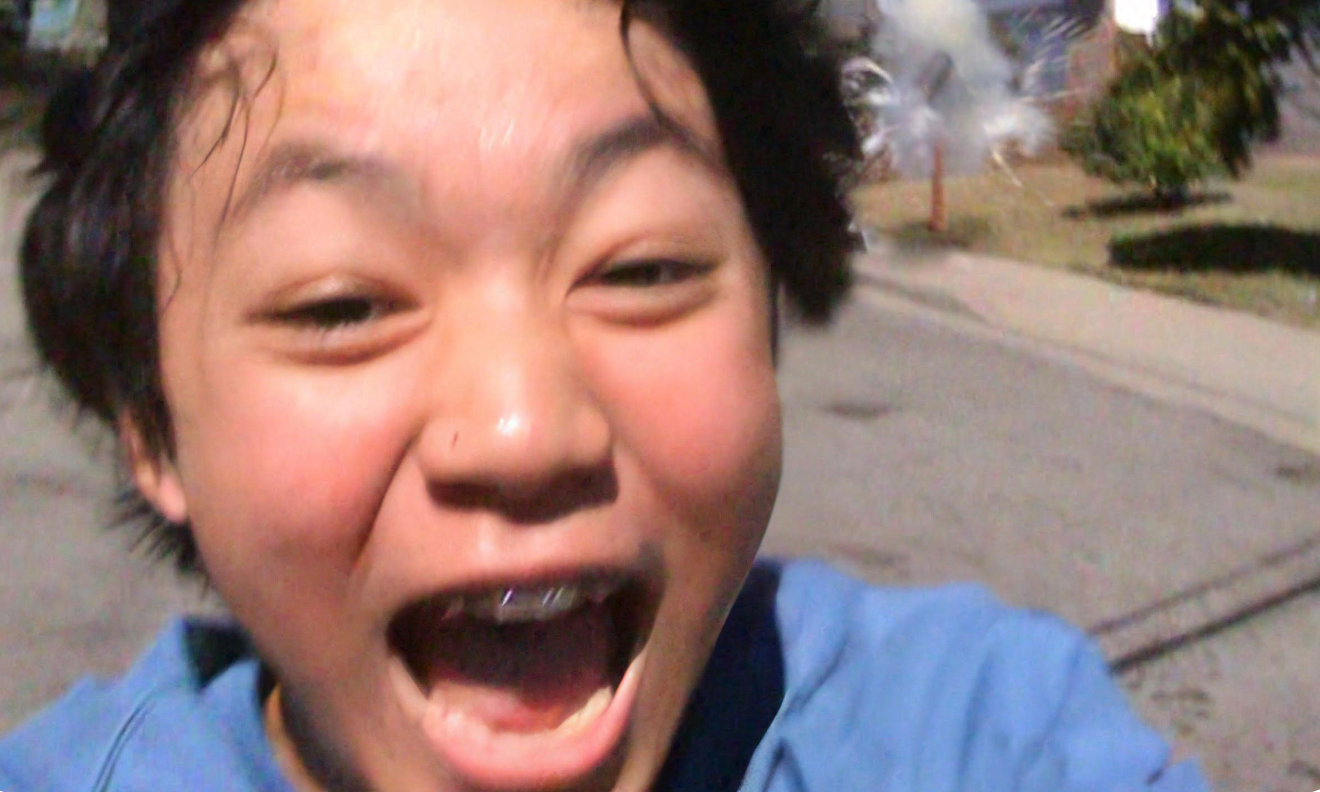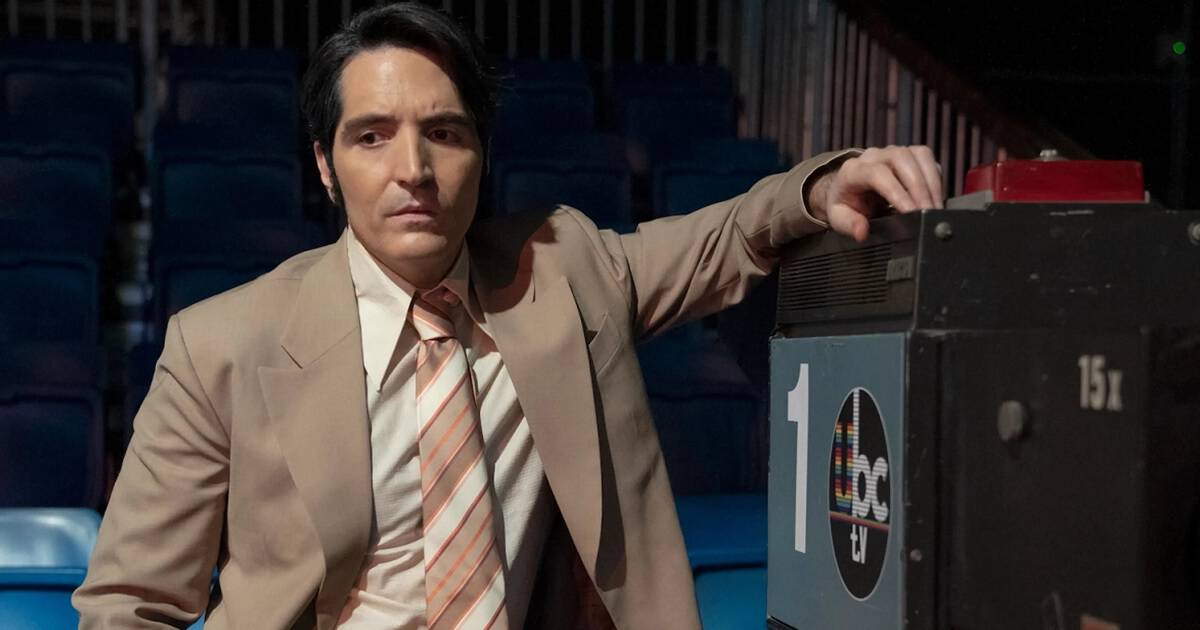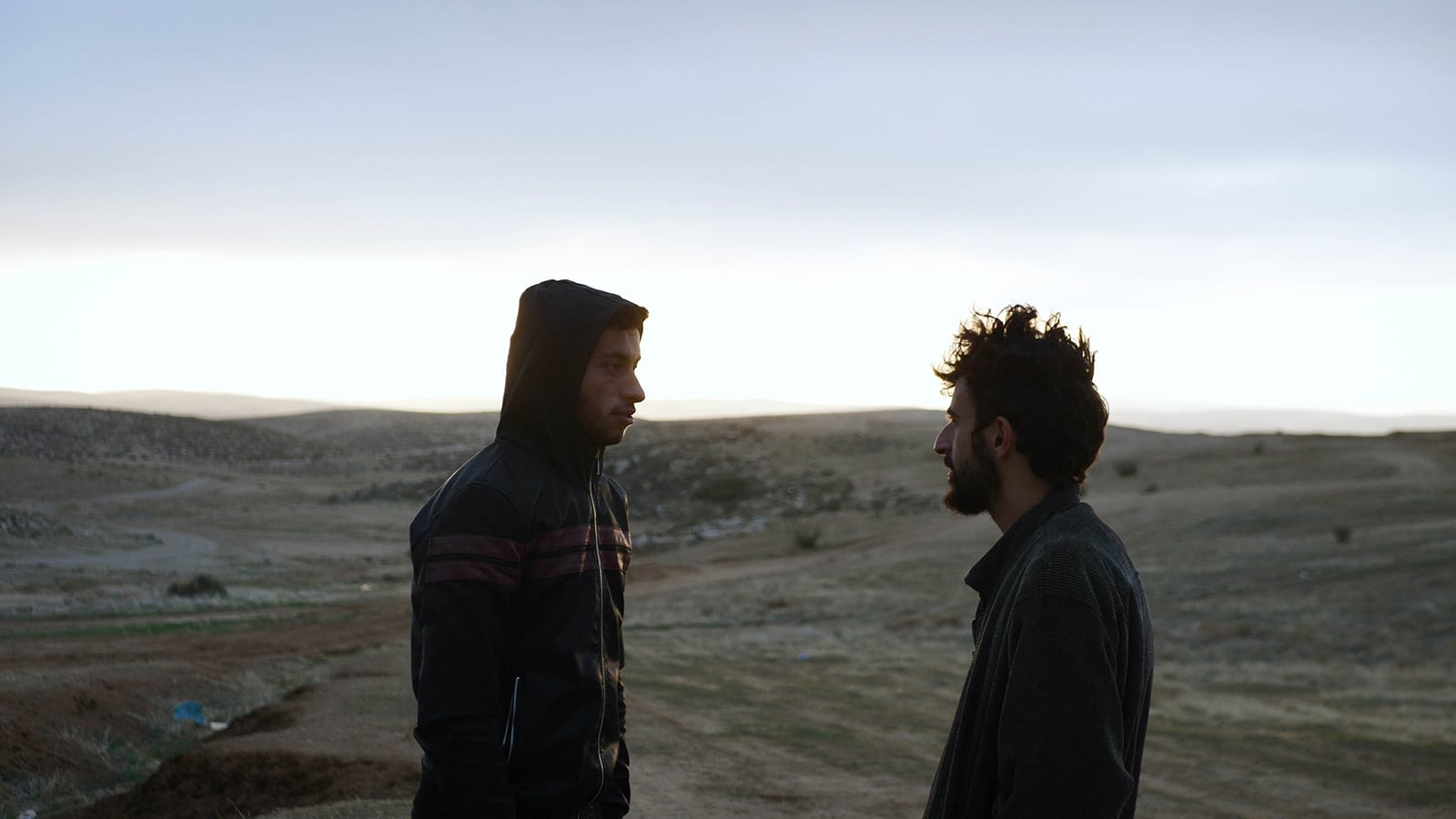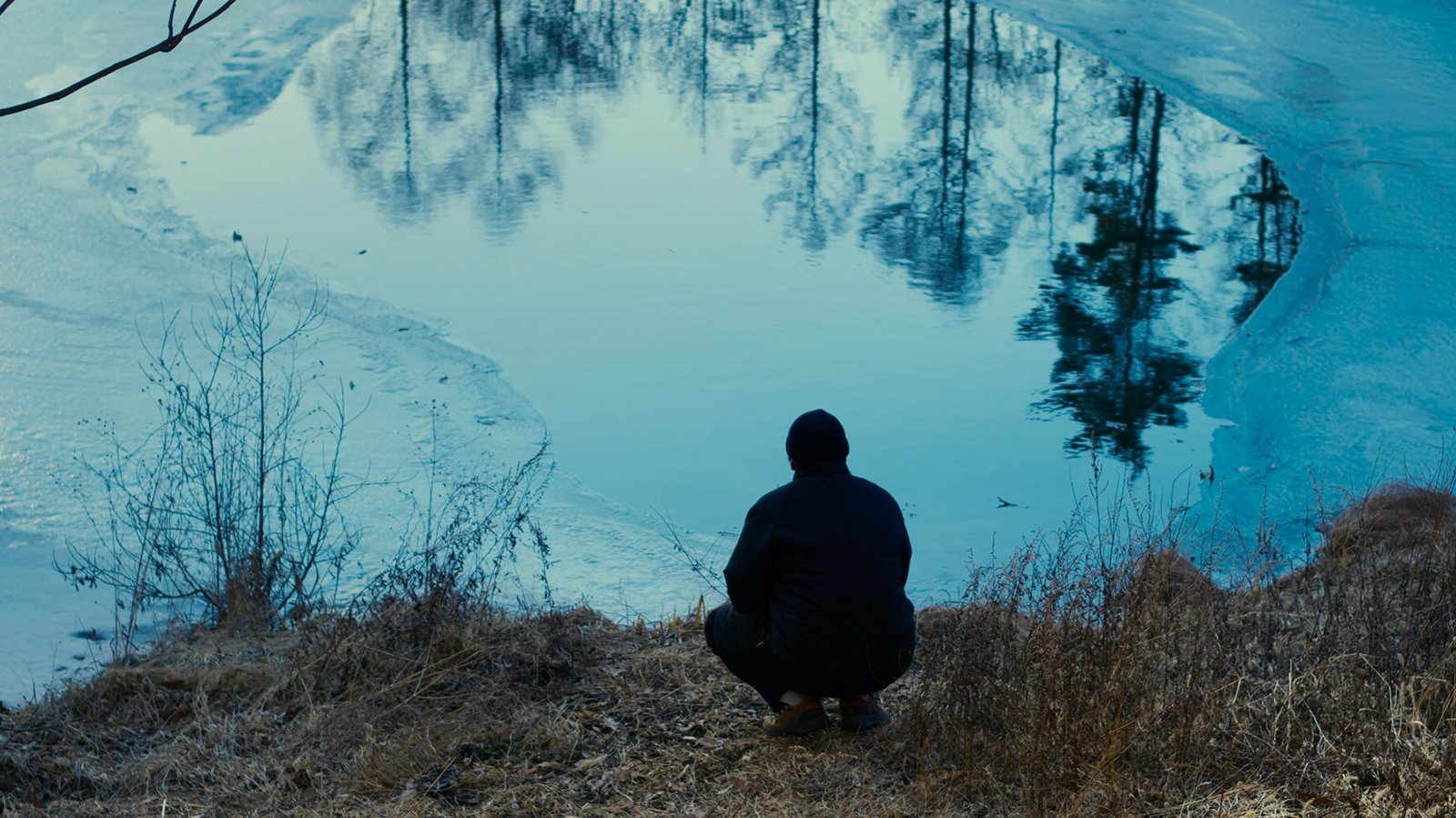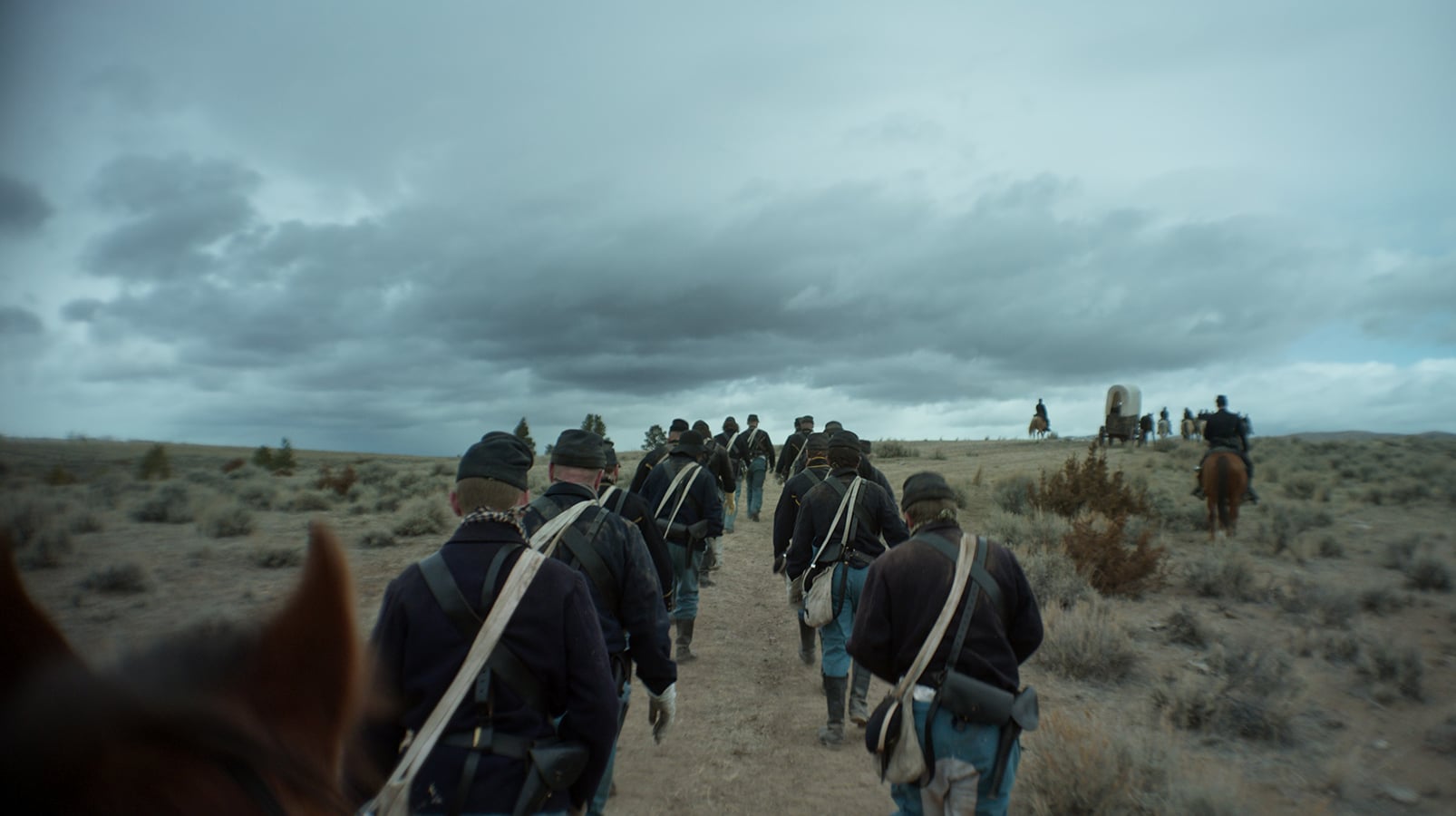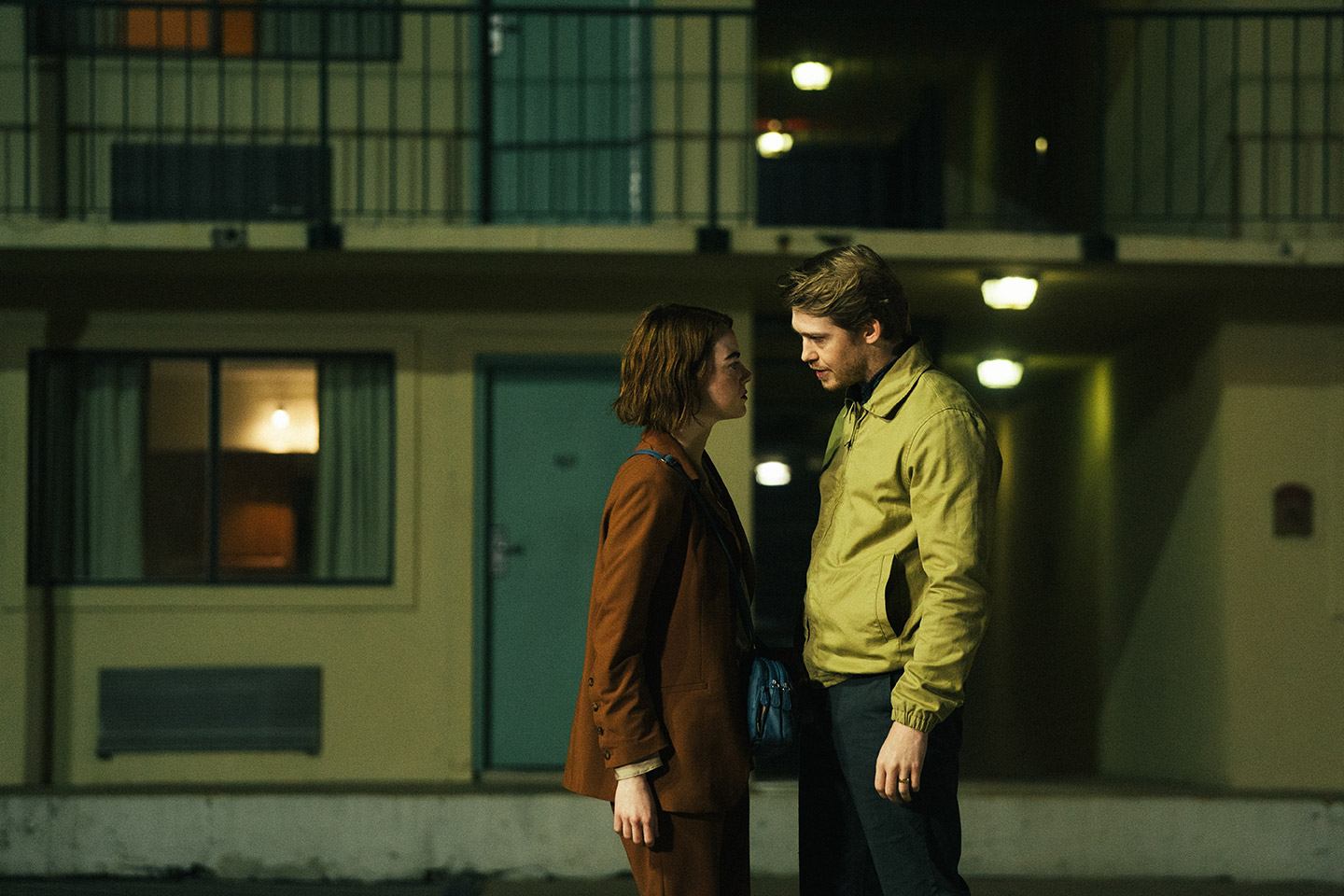 |
| Images courtesy of Third Window Films |
Typhoon Club (1985) is tonally unstable in the best way; it wavers between coming-of-age and the existential horror of becoming an adult in a chaotic world. It explores the casual cruelty of young adulthood and the small moments of complete freedom before being locked down into growing up. Director Shinji Somai's unique lens brings these characters and their stories to life, offering a fresh and compelling perspective on the coming-of-age narrative.
The film unfolds over five days in a school, capturing the before, during, and after of a massive storm that hits a small farming community. We are introduced to several students, each leading insular lives with minimal parental supervision. Their teacher, Umemiya (Tomokazu Miura), is a complex character: a flawed adult with a turbulent relationship with his girlfriend and her family and a penchant for alcohol. Without much guidance, these young adults are left to drift aimlessly, spending their evenings sharing a cigarette under the night sky or experimenting with budding sexual feelings. As the days pass and the storm looms in the distance, the tension between the students similarly rises, coming to a head after they are trapped inside the school with the typhoon lashing at the windows.

Although the tone starts somewhat lighthearted, about halfway through the film, it transitions into something darker and unsettling. There is an extended sequence where one of the students tries to sexually assault another one that is played out like something from a horror film as he slowly stalks her through the dark hallways. Moments of levity are interrupted by suicidal ideations and monologues about death. Not everyone journeys from childhood to adulthood; for some, the unknown and concept of the inevitable decline of aging might be too much to bear. While trapped in the storm, one of the teens calls Umemiya at home for help, but he is in a drunken stupor and can only offer this advice: "In fifteen years, you are going to be just like me." To an impressionable child, this could be the catalyst for an existential dread that they cannot recover from.
Somai's penchant for long takes slows down the pacing quite a bit, allowing the audience to absorb the emotions and atmosphere better. The long take works particularly well for a scene where the students dance in a torrential downpour, eventually stripping nude in pure exhausted joy, possibly the last bit of unfettered happiness they will have before the doldrums of adulthood take their shine away. Like the eye of a storm, they are in a temporary haven of calm before life throws problems their way again.
Extras: Tom Mes thoroughly explores Typhoon Club in his commentary, covering topics ranging from the history of the film's reception in Japan, its subsequent obscurity in the West, and the context around the Director's Company. There is also an intriguing video essay by Josh Slater-Williams that delves deeply into the symbolism and allegory present in the film.
Blu-ray Extras:
• New 4K digital remaster from the original negatives
• Feature audio commentary by Tom Mes
• Selected audio commentary by Josh Slater-Williams
• Assistant Director Koji Enokido Talk Event
• Introduction by Ryusuke Hamaguchi at the Berlin Film Festival
• Trailer
• Slipcase with artwork from Gokaiju
• ‘Directors Company’ edition featuring insert by Jasper Sharp – limited to 2000 copies
• Region Free
--Michelle Kisner












